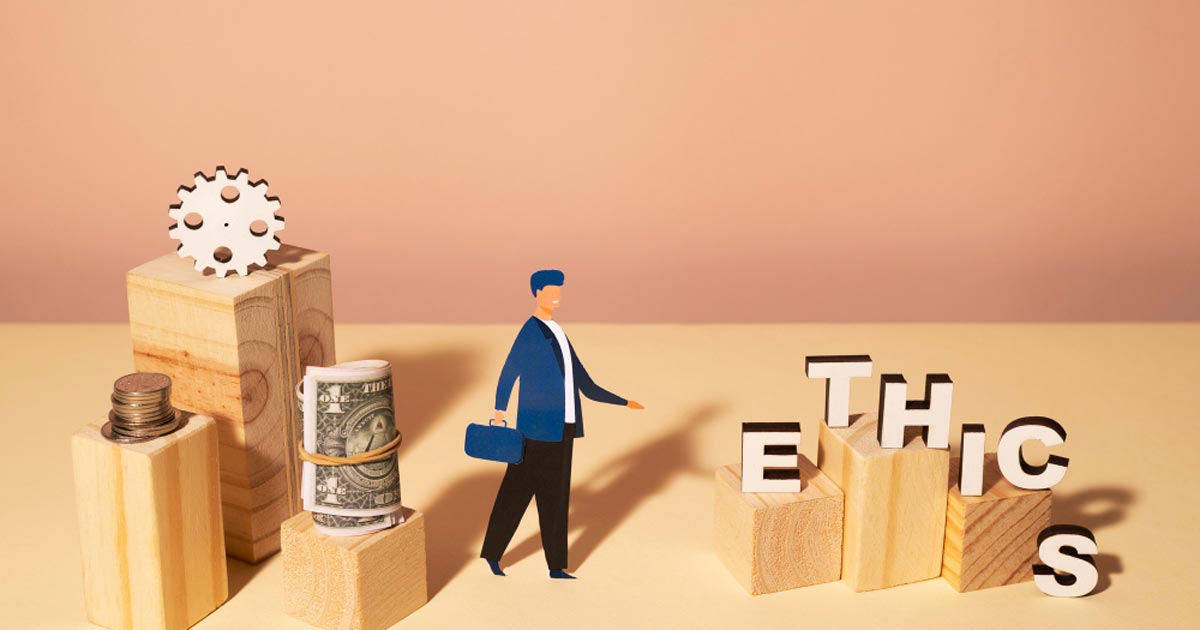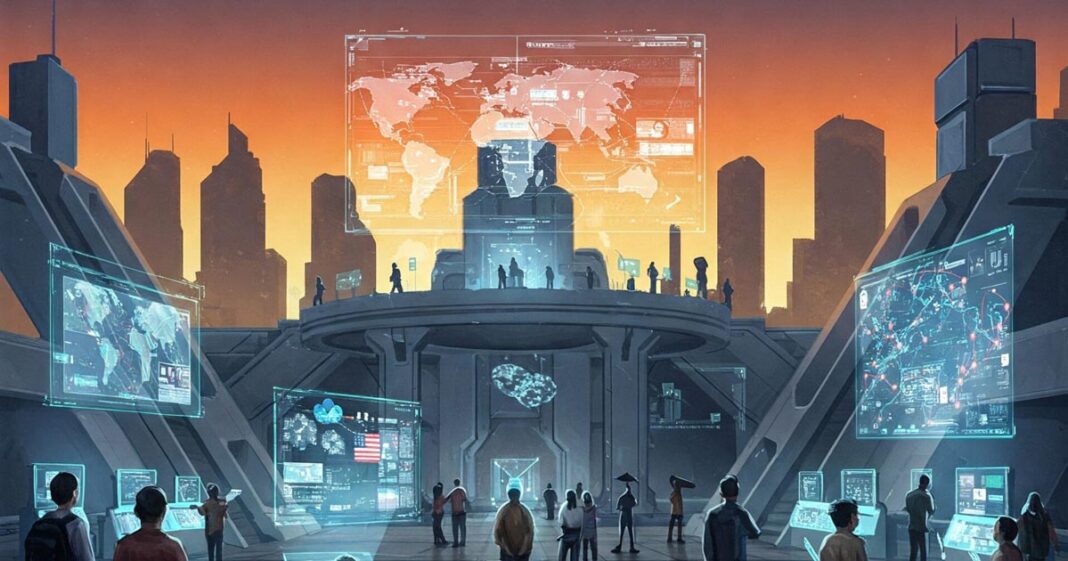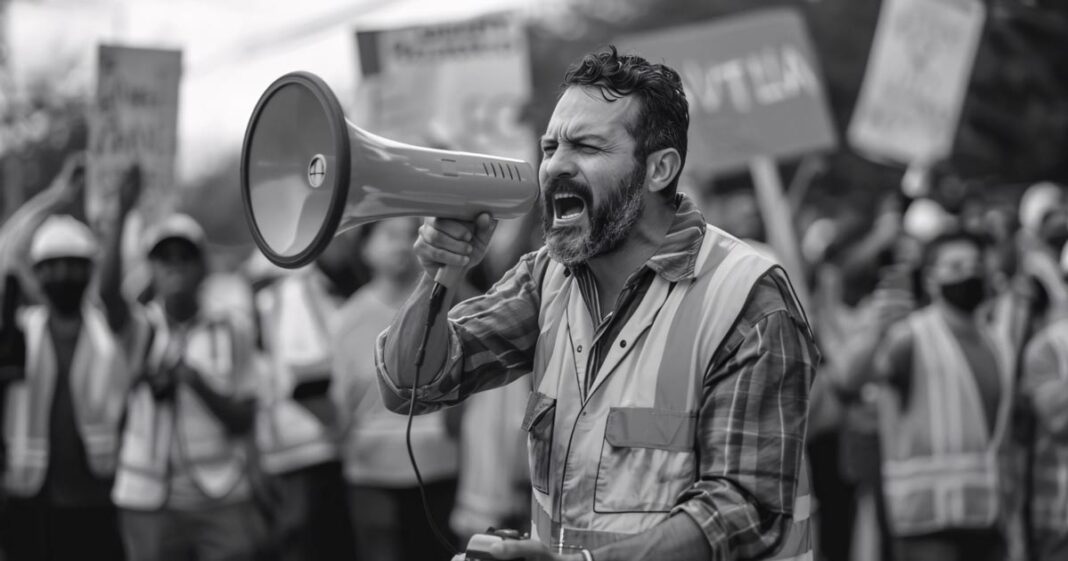Introduction
Political corruption is a pervasive issue that affects countries worldwide, undermining democratic institutions, eroding public trust, and stifling economic development. From bribery and embezzlement to nepotism and electoral fraud, corruption takes many forms and has far-reaching consequences. This article explores the impact of political corruption, real-world examples, and strategies to combat it.
Understanding Political Corruption
Political corruption occurs when government officials or political leaders abuse their power for personal gain. It can be categorized into several types:
- Bribery – The exchange of money or favors for political influence.
- Embezzlement – Theft of public funds by government officials.
- Nepotism and Cronyism – Favoring relatives or friends for government positions.
- Electoral Fraud – Manipulating election outcomes through vote rigging or suppression.
- Lobbying Misuse – Corporations or individuals exerting undue influence over policymakers.
Real-World Examples of Political Corruption
1. Operation Car Wash (Brazil)
– A massive corruption scandal involving state-run oil company Petrobras.
– Politicians and business executives funneled billions through bribery schemes.
– Led to the imprisonment of several high-ranking officials, including former President Luiz Inácio Lula da Silva (later acquitted).
2. Watergate Scandal (USA)
– In 1972, operatives linked to President Richard Nixon’s administration were caught spying on political opponents.
– The cover-up led to Nixon’s resignation, highlighting abuse of power at the highest level.
3. 1MDB Scandal (Malaysia)
– Billions of dollars were embezzled from Malaysia’s sovereign wealth fund (1MDB).
– Former Prime Minister Najib Razak was convicted of corruption.
– Money was allegedly used to fund luxury assets and political campaigns.
4. State Capture in South Africa
– The Gupta family allegedly influenced former President Jacob Zuma’s government decisions.
– Corruption scandals drained billions from state-owned enterprises, harming economic growth.
How Corruption Undermines Democracy
- **Erodes Public Trust** – Citizens lose confidence in democratic institutions when leaders misuse power.
- **Weakens Rule of Law** – Corrupt officials undermine law enforcement and judicial independence.
- **Reduces Political Participation** – Voter apathy increases when elections are perceived as rigged.
- **Encourages Authoritarianism** – Corrupt leaders often consolidate power by silencing opposition.
Economic Consequences of Corruption
- Stifles Economic Growth – Corrupt practices deter foreign investment and reduce economic efficiency.
- Increases Income Inequality – Public resources are diverted to elites, leaving citizens with inadequate services.
- Weakens Business Environment – Companies face unfair competition due to bribery and favoritism.
- Drains Public Funds – Money meant for healthcare, education, and infrastructure is misused.
Strategies to Combat Political Corruption
1. Strengthening Institutions
– Independent anti-corruption agencies should have the power to investigate and prosecute cases.
– Judicial systems must remain impartial and free from political interference.
2. Transparency and Accountability Measures
– Implement open government policies and require financial disclosures from politicians.
– Example: Sweden and Denmark rank among the least corrupt nations due to transparency laws.
3. Whistleblower Protection
– Encouraging individuals to report corruption without fear of retaliation.
– Example: The U.S. has the Whistleblower Protection Act, which shields employees who expose misconduct.
4. Public Awareness Campaigns
– Educating citizens about corruption’s impact on democracy and the economy.
– Encouraging civil society participation to demand accountability.
5. Digital Tools for Anti-Corruption
– Blockchain technology can enhance transparency in government transactions.
– E-governance platforms reduce bureaucratic corruption by automating processes.
– Example: Estonia’s digital governance system minimizes opportunities for bribery.
Case Study: Rwanda’s Fight Against Corruption
– In the 1990s, Rwanda had high levels of corruption.
– Under President Paul Kagame, strict anti-corruption policies, digital governance, and strong enforcement reduced corruption.
– Today, Rwanda ranks as one of Africa’s least corrupt countries.
Conclusion
Political corruption remains one of the biggest threats to democracy and economic progress. However, with strong institutions, transparent governance, and active civic participation, corruption can be curtailed. The fight against corruption is essential for fostering economic growth, maintaining public trust, and ensuring democratic stability. Countries that take firm steps to combat corruption can build resilient societies where integrity prevails over exploitation.






